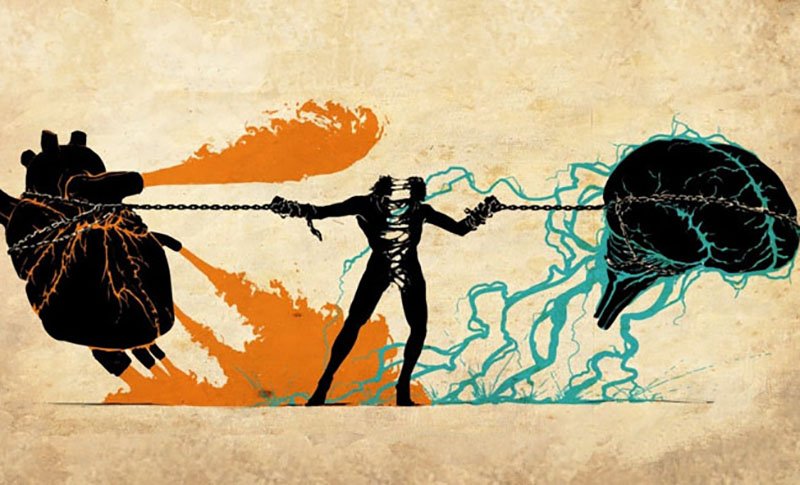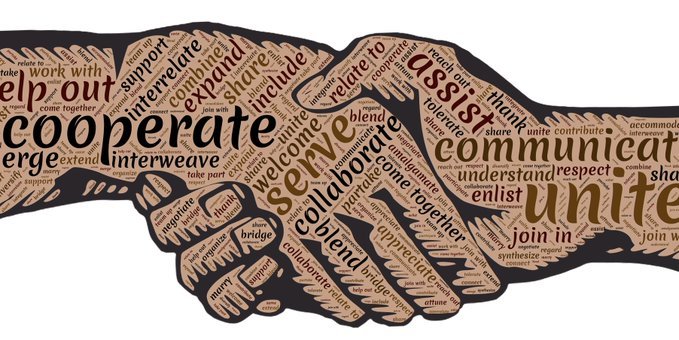Most salespersons are looking for the success strategy, but because of their psychology, for example, fears, worries, views about the economic situation, etc., are keeping them from maximising their capabilities. Usually when you think that you’re not good enough, in reality what’s holding you back is 80% psychology and 20% mechanics. Top salespersons think mostly about their goals and their priorities and how to achieve them. Top salespersons think about their actions and activities each day, they think about the number people they need to call, the number people they need to send proposals to each day, the number things they need to read and study, etc., etc. Always thinking about what they want!
When you think about what you want it makes you happy and positive, it makes you think that you are in control of your whole life. I think success comes from planning! If you truly want success, then do what top salespersons do – engage with an executive coach and develop a plan. Contact me via e-mail for 1-on-1 executive coaching.





















